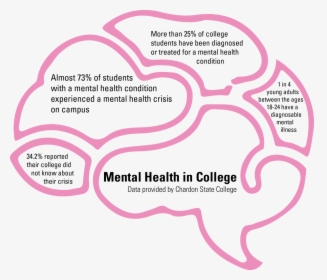
In our journey through life, we often encounter challenges that can weigh heavily on our hearts and minds. The road can sometimes feel overwhelming, with each step requiring immense strength and courage to navigate. It’s during these difficult times that the support and guidance of counseling and therapy can serve as beacons of hope, illuminating a path towards healing and inner peace.
Depression and addiction are powerful adversaries that can affect individuals in profound ways, disrupting their sense of well-being and leading them into a place of vulnerability. However, with the right help and tools, it is possible to break through the darkness and emerge into a brighter future. Through therapy and counseling, individuals can explore their thoughts and emotions in a safe and non-judgmental space, working towards understanding and overcoming the challenges that depression and addiction present.
Differentiating Counseling and Therapy
Counseling and therapy, though often used interchangeably, have distinct differences. Counseling typically focuses on specific issues, such as relationship problems, stress management, or career decisions. It tends to be more short-term and goal-oriented, aiming to provide practical solutions and guidance.
Therapy, on the other hand, delves deeper into the root causes of emotional issues. It tackles complex psychological and behavioral patterns, often addressing past traumas or deeply ingrained beliefs. Therapy sessions are usually longer-term, allowing individuals to explore and understand themselves on a deeper level.
While both counseling and therapy offer support and assistance, counseling is more about offering advice and coping strategies for immediate concerns, while therapy is about delving into the underlying triggers and facilitating profound personal growth.
Understanding Depression
To truly understand depression, it is essential to recognize that it is not just feeling sad or down temporarily. It is a serious mental health condition that can impact a person’s thoughts, feelings, and daily life in a profound way. Depression often manifests as a persistent feeling of hopelessness and despair, affecting how individuals think, behave, and interact with others.
Those experiencing depression may struggle with overwhelming feelings of worthlessness and emptiness, making it difficult for them to find joy or motivation in activities they once enjoyed. It can also lead to physical symptoms such as fatigue, changes in appetite, and disruptions in sleep patterns. Understanding that depression is a complex interplay of biological, psychological, and environmental factors is crucial in providing effective support and treatment for individuals facing this challenge.
Seeking help through counseling and therapy can be instrumental in tackling depression. Through professional guidance and support, individuals can explore the root causes of their depression, develop coping mechanisms, and learn strategies to manage their symptoms. Additionally, therapy sessions offer a safe space for individuals to express their emotions, process their thoughts, and work towards building resilience and improving their mental well-being.
Clinton Township
Navigating Addiction
Addiction can be a challenging road to navigate, often requiring professional guidance and support. Through counseling and therapy, individuals struggling with addiction can gain valuable insights into their behaviors and triggers.
Therapists and counselors play a crucial role in helping individuals address the underlying issues driving their addictive tendencies. By working together, a comprehensive treatment plan can be developed to address both the physical and psychological aspects of addiction.
When battling addiction, it is important to remember that recovery is not a linear process. Setbacks may occur, but with the right support system in place, individuals can learn to overcome obstacles and continue on their journey towards healing and sobriety.



